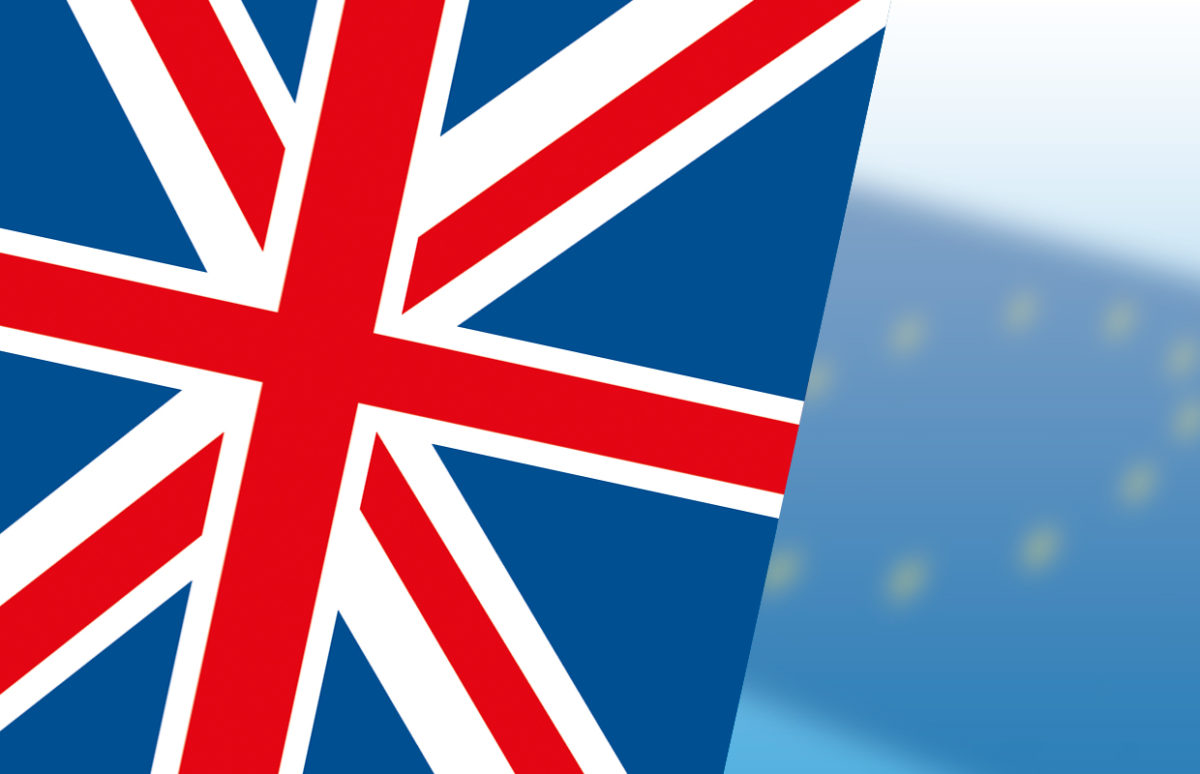British voters have chosen to leave the European Union. The Leave campaign in the 23 June referendum received 51.9% of the votes. What will happen next? The answer to one question leaves many others open:
When will Britain leave?
The Treaty of Lisbon includes a process for leaving the Union. The British government must inform Brussels of the decision, and then has two years to negotiate the terms of the departure. But they are in no hurry to do so. It doesn't look likely to happen before 2017, so a departure is unlikely before 2019.
Why did the Prime Minister change?
The Conservative Party was elected for a five-year mandate in May 2015. Prime Minister David Cameron was pushed into holding the referendum by anti-Europeans in his own party. But the campaign was cross-party, with MPs from most parties on both sides. David Cameron led the Remain campaign, supported by some of his ministers, notably Chancellor George Osborne, most Labour and Liberal-Democrat MPs and the Scottish National Party. The Leave campaign was made up mainly of Conservatives and the UK Independence Party. It was led by Boris Johnson MP, ex-Mayor of London, who was tipped as the next leader of the Conservative Party.
As soon as the result of the referendum was known, David Cameron announced he would resign. The Conservative Party quickly chose Theresa May as its new leader, and so she became the Prime Minister. There was no requirement for a new election. It is the party that is in government, not its leader.
Is This the End?
As soon as the results were announced, calls began for at least two new referendums. Scotland voted unanimously to remain in the EU - all 32 constituencies returned a Remain vote. The Scottish National Party immediately asked for a new referendum on Scottish independence and continued membership of the EU. Northern Ireland voted 56% for Remain.
The Republican Party Sinn Fein, which shares power in the Northern Ireland Assembly, called for a referendum on the province joining a united Ireland and remaining in the EU.
What will happen to the Expats?
What will the vote mean for the approximately 3 million EU citizens who live, study or work in the UK, and the 1.2 million UK citizens who live in other EU countries? The issue of immigration (both from the EU and elsewhere) was a subject of virulent debate during the referendum campaign. Like everything else, the status of immigrants and ex-pats will not change immediately, but depend on the future negotiations. It seems likely Britain will want to impose limits: permits and/or quotas. And presumably the EU will impose similar limits on UK workers.
What does it mean for the economy and the Pound?
For now, politicians and economists on both sides of the debate continue to brandish figures they say show economic disaster or stability. Only time will tell the ultimate outcome on the British economy.
> Brexit Referendum Webpicks
> Teaching about Brexit: Web Resources
Tag(s) : "Brexit" "Britain" "Europe" "politics" "referendum"





